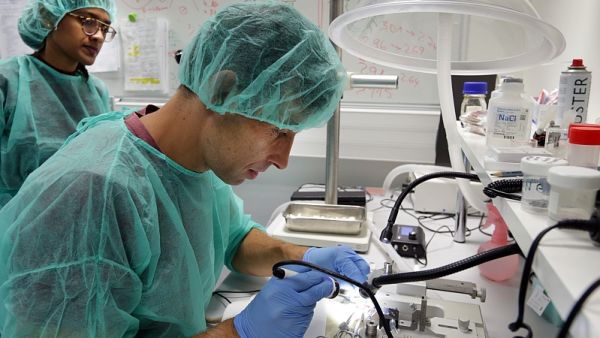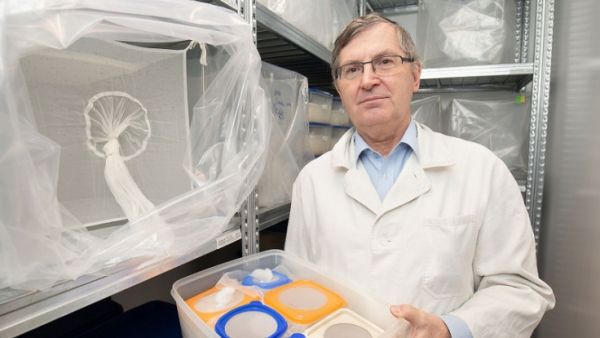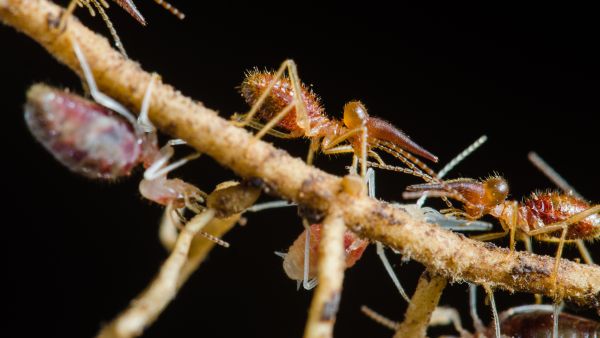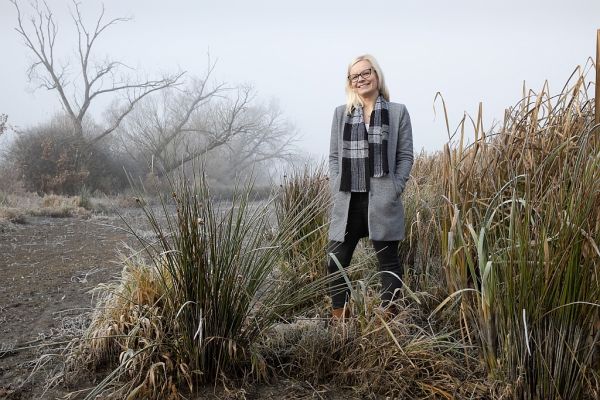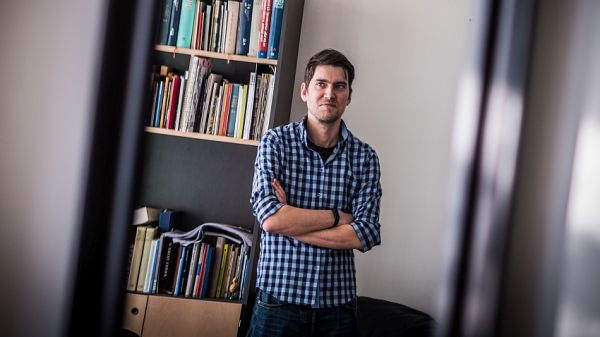
Jan Velinger
Studied film directing at FAMU in Prague and began in current affairs in commercial television in 1996. Worked as a reporter and presenter at the English service of Czech Radio for more than sixteen years, before joining Charles University’s media team in June 2018. He is responsible for the English edition of Forum Magazine and Forum Radio podcasts.
Experts worry alcohol abuse on rise during pandemic
Rolling with the punches
CU webinar targets fake news about Covid-19
In pictures: Vaccines rolled out at university hospital
What rats dream about in their sleep - and why it matters
Sleep is Karel Blahna’s focus of research. At the Biomedical Center at Charles University’s Faculty of Medicine in Plzeň, he looks into how the brain’s sleep activity changes in sickness and health. He was able to put together a team and conduct research thanks to support from CU’s Primus programme.
CU team helping to develop effective leishmaniasis vaccine
A team of Czech parasitologists from CU’s Faculty of Science has been working with researchers from Great Britain, Israel, and Canada to develop an effective vaccine preventing against leishmaniasis, a parasitic disease transmitted by sand flies. The results of their study were published in the prestigious journal Nature Communications.
Mysterious engineers of the ecosystem
In pictures: Honouring Jan Palach’s legacy
Even in the midst of the continuing pandemic Charles University has honoured Jan Palach, the student who in an act of protest in January 1969 doused himself in petrol and set himself alight. The drastic act, sacrificing his life, was aimed at shaking his fellow citizens out of lethargy to protest the Soviet-led invasion.
Neuron broadcast with CU experts focuses on vaccines
Even though vaccination for Covid-19 has begun in the Czech Republic, there are still many people who remain sceptical and have expressed fear or doubts. Anyone among the broader public wanting to view a serious debate on the matter should look up a discussion that was live this week organised by the Neuron Endowment Fund.
We were just lucky we weren't the first hit
The US-based immunologist Václav Větvička says there couldn’t have been more than five people on the plane when he recently traveled back to the Czech Republic. Because of Covid−19. As a scientist, Větvička has been outspoken about what we can – and should – be doing to stay safe. And really do we have any other choice before we get the vaccine?
What tattoos tell us about life behind bars
Makeup at the starting line, mud at the finish
Welcome to the machine
Petr Plecháč, completing a Ph.D. at Charles University, made world headlines with his analysis of Shakespeare’s Henry VIII. It was long accepted that the play was co-authored by playwright John Fletcher, but Plecháč’s study – using machine learning – analysed word frequency patterns and rhythms to provide further evidence that the play was a collaborative effort. Henry VIII was not written by Shakespeare alone.
Hilský - Shakespeare's England: Portrait of an Age
Prof. Lalive delivers keynote at IDEA at CERGE-EI event
Much of the focus of IDEA, a think-tank of the Economics Institute of the Czech Academy of Sciences, which is part of CERGE-EI, is tied this year to the novel coronavirus, and anti-Covid measures. However, that is far from its only activity: this week the think tank hosted an online conference examining the influence of public policy on labour markets.
Stanislav Kmoch on know-how that made testing for Covid safer
Lab contributed to testing and put years of experience into new commercial kit






